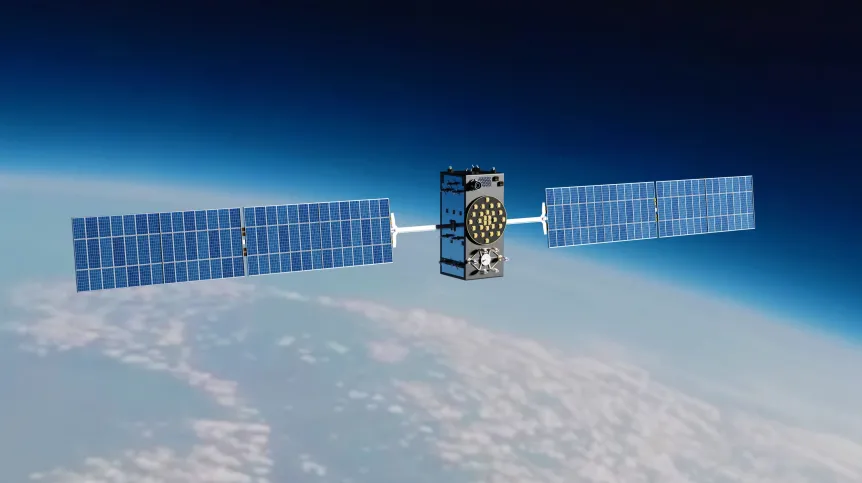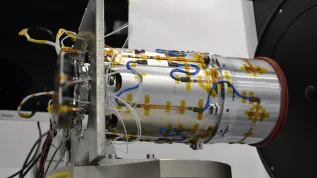
Although technologies such as Alert RCB are already effective tools for warning the population, the mobile networks they rely on can themselves be destroyed in the event of a disaster. During the EU Space Days in Gdańsk, experts presented a new, resistant and fast satellite technology based on the Galileo system.
During one of the panels of the EU Space Days, a group of experts discussed satellite technologies that play a key role in warning about disasters, other threats, and in eliminating their effects.
One of the main parts of the meeting was the presentation of the European system currently in development, which will use Galileo satellites to efficiently and reliably warn the population of various types of dangers.
The new solution consists in adding a data stream with simple information to a typical signal that provides navigation services. The reason is that the mobile networks used today are not entirely resistant to various events on Earth.
'Basically, currently, if someone has a phone, they will receive information that there is a problem and that they should behave in a certain way. However, sometimes they may not receive it - for example, if there is damage to the ground infrastructure, as it happens during serious floods', explained Jakub Ryzenko, PhD, head of the Crisis Information Centre of the Space Research Centre PAS.
Such a dangerous situation occurred quite recently in Poland.
'The last flood in Poland, in September last year, can serve as an example. We had a situation where there was no GSM service for several hours. This is exactly the kind of situation when people could receive information about a potential threat, especially since the embankment broke and the water started flowing rapidly towards several villages', the expert reminded.
In addition, mobile network coverage is not full yet, and the new system will have global coverage.
'In such situations, the ability to send a message that reaches a person directly without the need to use ground infrastructure makes a huge difference', Ryzenko emphasised.
To use the new technology, the recipient will need a phone with a Galileo signal receiver.
The system could be seen in practice. A presentation was prepared based on a real situation that took place in Gdańsk a few weeks earlier, when a warehouse caught fire and released toxic gases that posed a threat to residents.
'You will see an alert that was prepared by colleagues here, in a room a few hundred meters away from', Ryzenko announced.
And indeed, after the system was launched, in a time of maybe a little over a minute, phones equipped with appropriate receivers, prepared for the presentation, received the alert. It indicated the threatened area and provided instructions on how to behave.
'We are talking about a solution that can clearly add value to something known in Poland as Alert RCB - a system used to send text messages to the public. Similar systems also exist in other European countries', Jakub Ryzenko said.
In the longer term, in addition to phones, the signal could also be received by new cars and electronic billboards.
PAP - Science in Poland, Marek Matacz
mat/ agt/













